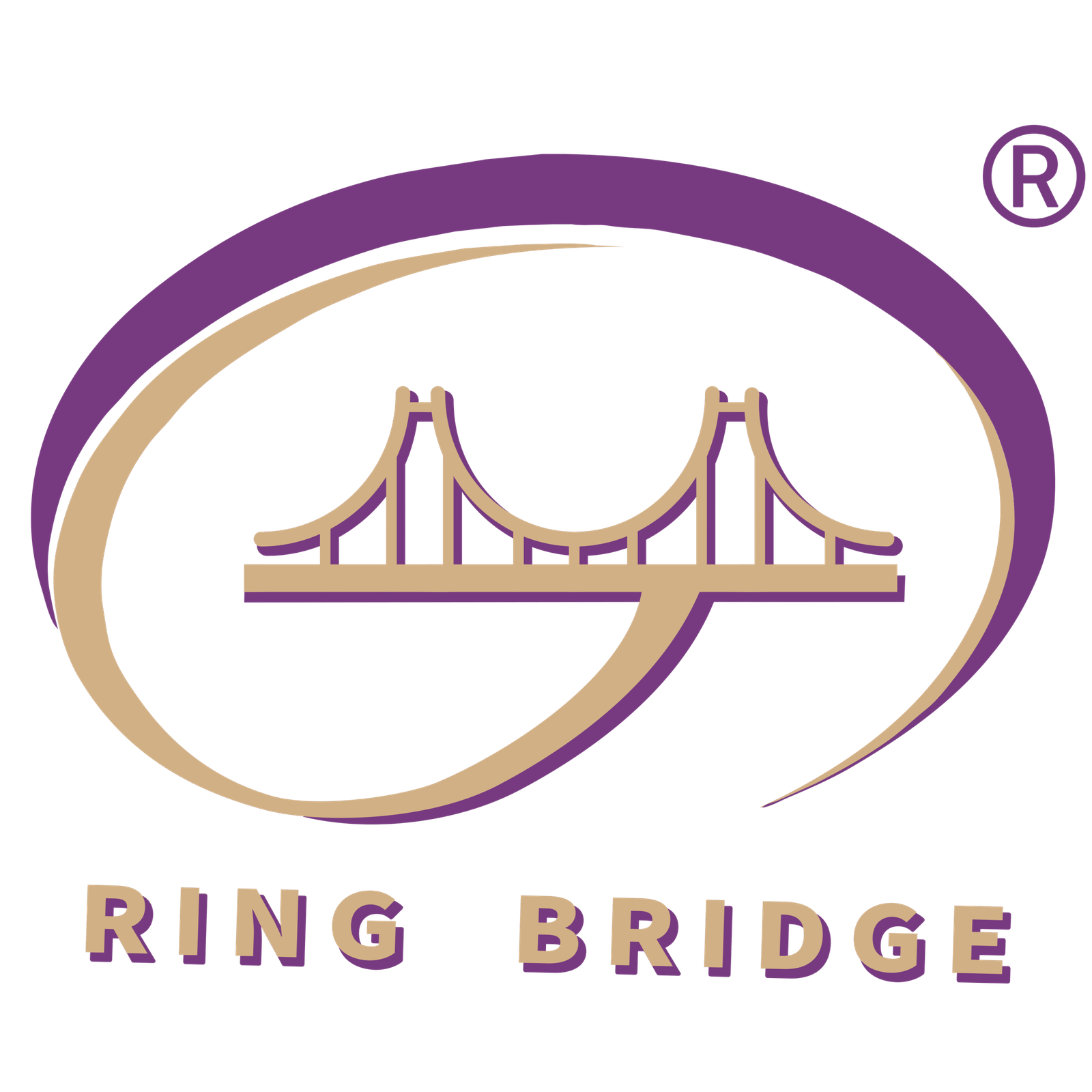In the world of welding, many jobs involve joining two pieces of the same material. But industries often face situations where different metals must be connected—for example, carbon steel to stainless steel, or cast iron to mild steel. This is where dissimilar steel welding rods become indispensable.
These electrodes are specially designed to bridge the gap between metals with different properties, melting points, and thermal expansion rates. They prevent problems like cracking, brittleness, or poor fusion that typically occur when standard electrodes are used for mixed-metal welding.
For distributors and industrial buyers, offering these rods means meeting the demand of power plants, shipyards, oil refineries, and fabrication shops worldwide.
What Are Dissimilar Steel Welding Rods?
Dissimilar welding rods are special alloy electrodes used to weld steels of different grades or steels with other metals. Instead of matching one specific base material, these rods contain elements that stabilize the weld, reduce cracking, and deliver strong, reliable joints.
They are essential for:
- Stainless steel joined with carbon steel
- High alloy steels connected to low alloy steels
- Cast iron welded to mild steel
- Nickel alloys bonded with steels
Why They Matter in Modern Welding
Traditional electrodes often fail when two different metals are welded together. This can lead to:
- Cracks from differences in expansion and contraction
- Weak joints that cannot handle stress
- Corrosion issues due to mismatched metals
By contrast, dissimilar electrodes provide:
- Crack resistance through special alloy composition
- Versatile performance across industries
- Compliance with safety codes for structural welding
- Strong bonding even between difficult combinations
Key Features
- Wide Compatibility – Effective across multiple metal combinations.
- Durability – Welds resist stress, corrosion, and fatigue.
- Ease of Use – Smooth arc stability, easy slag removal.
- All-Position Welding – Works in flat, vertical, horizontal, or overhead positions.
- Industrial Reliability – Suitable for high-stress applications.
Applications in Industry
- Power Plants – Boilers and pressure vessels require joining different steels.
- Oil & Gas – Pipelines often use alloy steel fittings with carbon steel pipes.
- Shipbuilding – Repairs and new builds demand flexible welding solutions.
- Automotive – Dissimilar metals are common in exhaust and engine systems.
- Heavy Equipment Maintenance – Cast iron machinery repairs often need steel-to-iron welding.
Popular Rod Types for Dissimilar Welding
- 309L Electrodes – Common for stainless to carbon steel joints.
- 312 Electrodes – Excellent crack resistance, often used in tough welds.
- Nickel-Based Rods – Best for welding cast iron to steels or nickel alloys.
- Special Alloy Electrodes – Custom formulations for unique applications.
Welding Best Practices
- Preheating – Reduces thermal stress in thick sections.
- Heat Control – Prevents distortion or brittle welds.
- Stringer Beads – Provide strong fusion with less stress.
- Slow Cooling – Minimizes cracking on sensitive metals.
Handling & Storage
- Keep rods in sealed packaging to avoid moisture.
- If exposed, re-bake in a rod oven at recommended temperature.
- Clean base metals thoroughly before welding.
- Follow manufacturer guidelines for amperage and polarity.
Global Market Demand
The demand for dissimilar welding electrodes continues to grow as industries expand in:
- Africa – Power generation and pipeline infrastructure.
- South America – Oil refineries and shipbuilding.
- Asia – Industrial manufacturing and construction.
For wholesalers, these rods are a profitable and repeat-order product.
Why Source from Trusted Manufacturers
- Certified Quality – Meets AWS, ISO, and industry standards.
- Competitive Pricing – Direct factory supply ensures cost advantages.
- OEM/ODM Options – Build your private label welding brand.
- Stable Supply – Large-scale production ensures fast delivery.
Safety Considerations
- Use proper ventilation to avoid fume inhalation.
- Wear gloves, helmet, and protective gear at all times.
- Ensure safe electrical grounding during welding.
Conclusion
The dissimilar steel welding rod is a vital solution in today’s industrial world. Whether it’s pipelines, power plants, or heavy machinery repair, these rods allow welders to create strong, durable joints between different metals that would otherwise be incompatible.
For buyers, stocking these electrodes ensures you meet the needs of industries that demand strength, versatility, and reliability in welding consumables. By sourcing directly from reliable manufacturers, you gain consistent quality, better prices, and a dependable supply chain.
In short, dissimilar welding rods are not just electrodes—they are the key to welding success in multi-metal applications.
